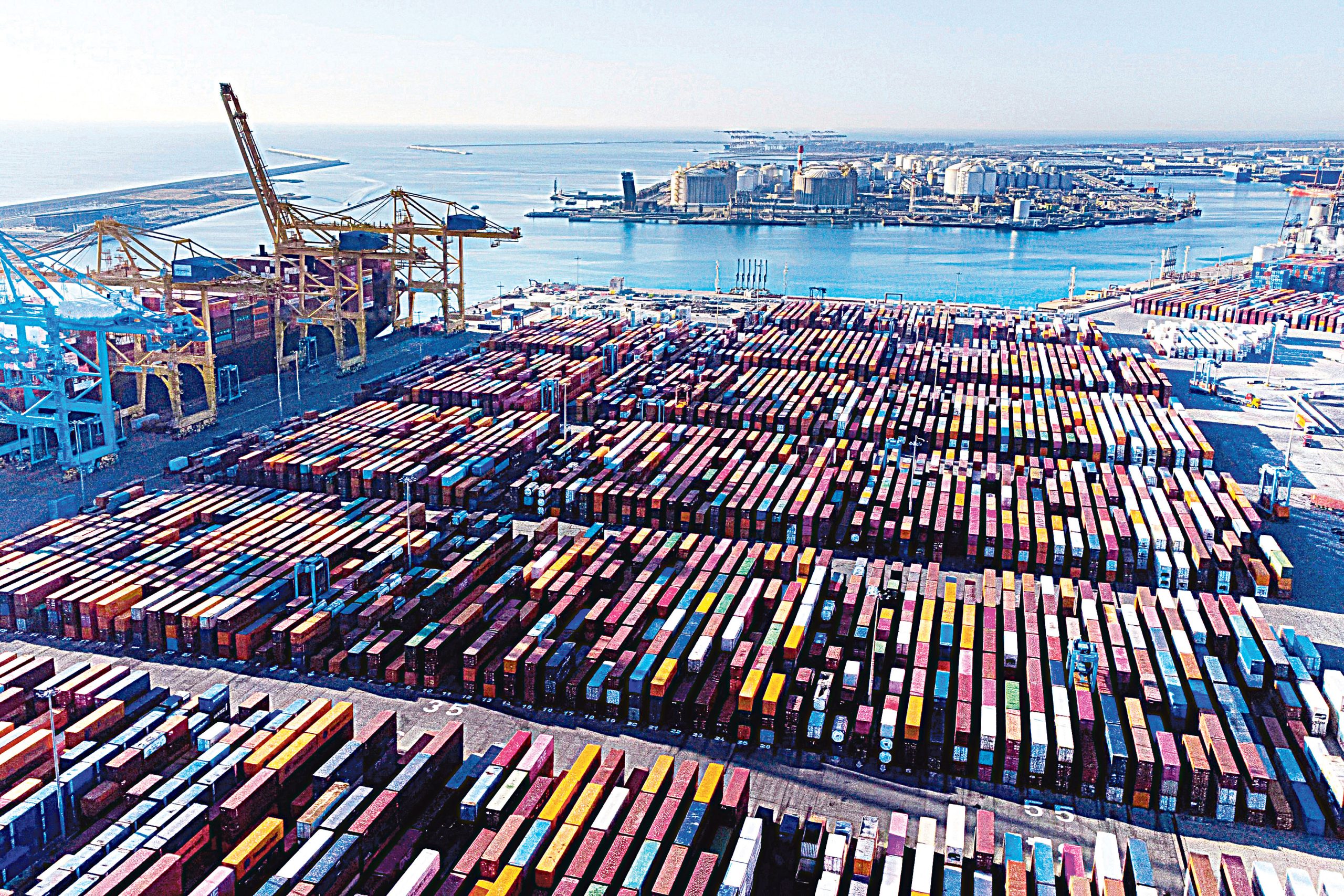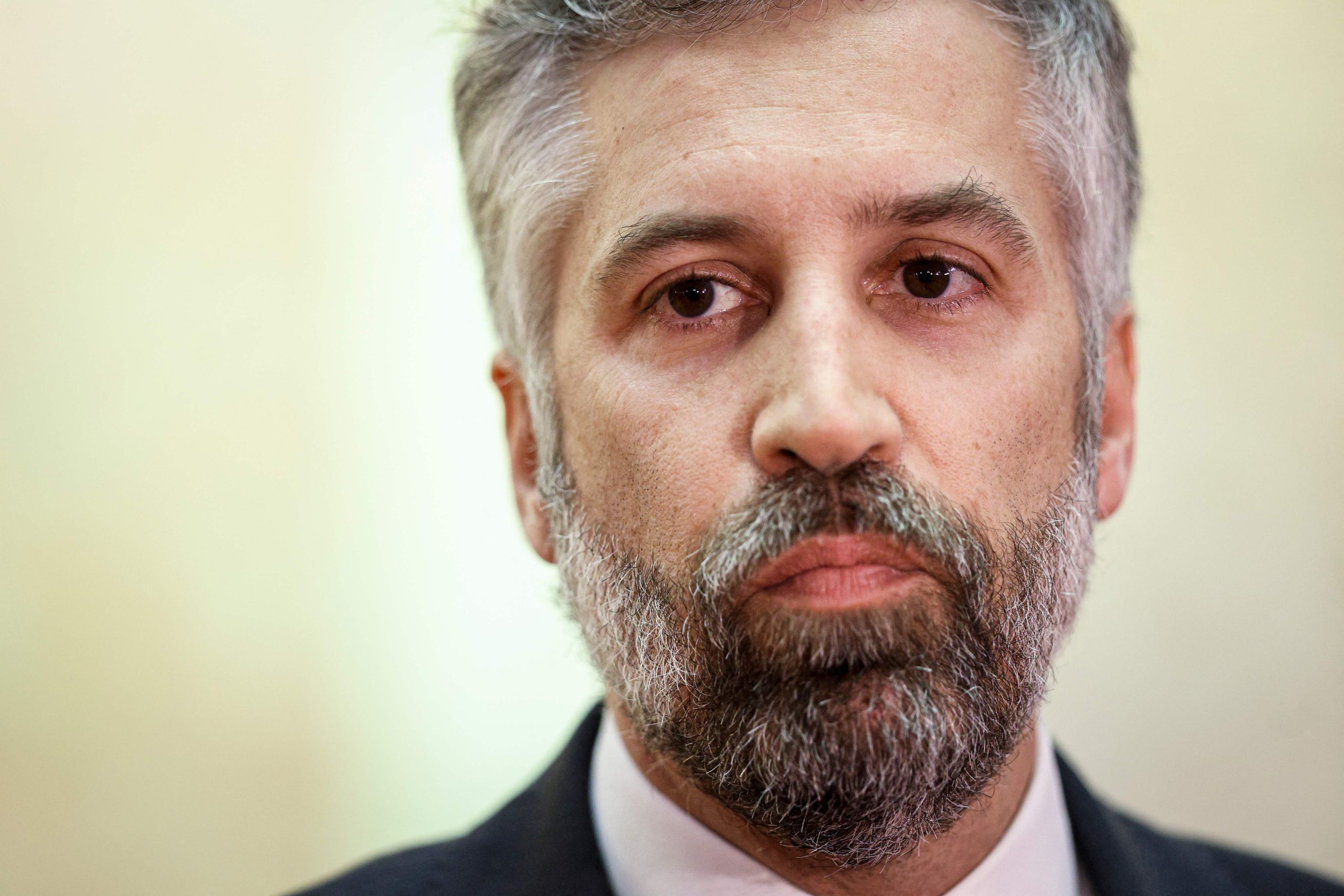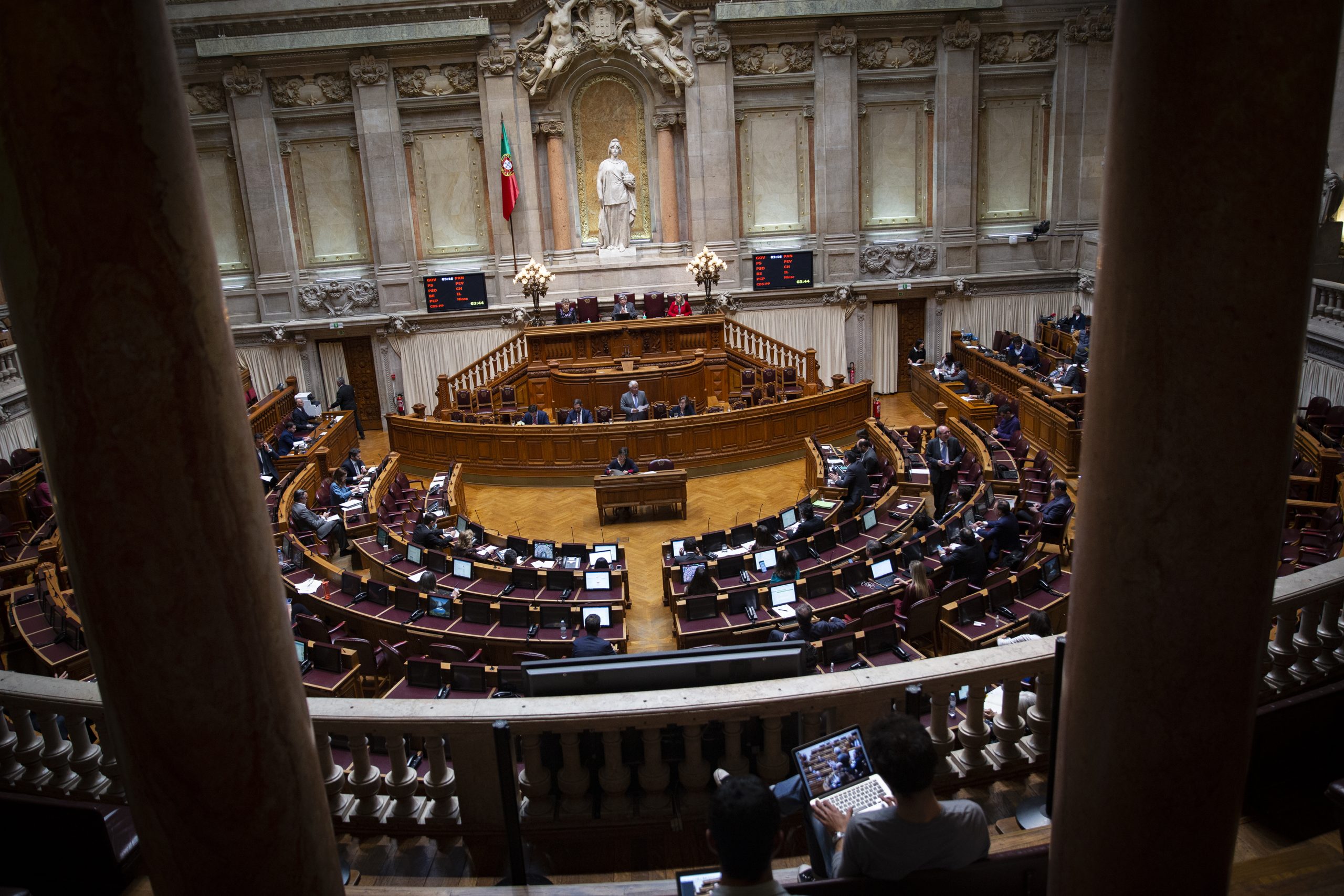International instability penalizes more economy than political crisis

International instability with emphasis on Germany and the United States' threaten the Portuguese economy rather than the political crisis and the possible scenario of early elections, they admit economists contacted by sunrise.
João César das Neves acknowledges that the economy is growing « reasonably, though less than it would be necessary to climb the order of European economies », but admits that « the nebula international framework makes it very difficult to make a prediction. The recent contraction of the investment may represent problems in the next evolution. As for political instability, it states: « In itself, it affects businesses », although it can « add some uncertainty, which is negative in an international framework that is already very uncertain. Worse is the fact that, in a minority government, populist measures precedence about those necessary.
According to the economist, the German case is complex, but the economy is still decisive for Europe. «The way to restructure your economy will be central to her and us. If you succeeded in this productive transformation – as you did on the millennium trip – it would be excellent for everyone, even if it is difficult, ”he says.
It also sees with concern the rates acknowledged by Donald Trump. “They will be very bad, especially for the American economy, but also for those of the partners. So bad that you may not even stay long, ”he says.
The Trade War with the USA
An opinion shared by António Nogueira Leite. “I am more concerned about the international scenario and all the risk that is involved in knowing whether or not we will have a trade war with the United States and what it can do to the general environment and the prospect of investors, on the one hand. On the other hand, in relation to the risk of elections, perhaps the Pror (Plan of Recovery and Resilience) more slowly slowly or has some difficulty continuing. But also its execution has been problematic from the beginning, but I do not think it is so decisive for the future, given the way it was eventually applied, ”he adds.
The economist argues that in a scenario of elections, “the largest and main problems will be more structural and will be medium and long term, which is the removal of people from the political class. Most of the people with which I speak all show a great departure that was not that big before. They think they don't solve the problems, but they don't leave us room to walk with the country forward and walk with our lives because when we walk with our lives we also walk with the country forward.
And do not hesitate: «What worries me most is more general discredibilization. Looking at the short term, if there are elections will probably be in May or June. This is not what changes many circumstances. People are more concerned with the international environment, because it is clear that it is new, that it has many risks and not having a minimum of anchor nationally. Clearly, this will have some effect, but that's not what worries me most. I worry more about what can happen to Europe and what can happen to the Euro in the medium term, ”he says to our newspaper.
The Portuguese economy is expected to grow this year between 1.7% and 2.1%. The estimates are from the Forum for Competitiveness and arise after the International Monetary Fund (IMF) pointed to a 1.9%rise, while the Ministry of Finance and the Public Finance Council advanced with 1.8%and the European Commission, Banco de Portugal and the Organization for Economic Cooperation and Development (OECD) with 1.7%. Admittedly, they are estimates pointed out before the political crisis.
In fact, the latest data has pointed out that the national economy is growing more than the eurozone. A trend that is applied by Caesar das Neves. « It has a lot to do with the recovery of the pandemic, which was especially negative here, and so the point was greater, and also with the fact that we are far from the east conflicts, which affect us very little. »
Pressure for the defense
Economists heard from our newspaper also admit that we will watch an increase in defense expense. “These expenses will press budgets from European states, requiring, to compensate them, cuts in expense or rise in taxes and/or indebtedness. In any case, the deviation of funds for even indispensable military purposes will be harmful to the civil economy and society. Portugal, far from any conflicts, will certainly have more inertia in moving forward with these expenses, ”Calhas César das Neves.
Nogueira Leite also recognizes that this reinforcement of defense money will end up being another increase for Portugal and all European countries. But he leaves a warning: «António Costa appeared this week promising European support for the reconstruction of Gaza. But what does Europe have to do with this? I mean, we could not defend right now, we are not behind the attacks of Hamas. We did not sponsor the destruction that Israel carried out, so why do we have to help? This idea of Europe is in all, but it does not send anything, it is not good for the future of Europe, nor for each of the countries. This is typical of Europe, let's get a mass kite to rebuild Gaza and we have no influence on either one or others.
Different situation, according to it, is what happens in Ukraine. «It has to do with our safety, it is not comparable. The problem is that António Guterres treats all the same, but I think he's disadvantaged from the world.
Later this week, Ursula Von Der Leyen announced a program to reinforce the defense in the European Union. In total 800 billion euros can be mobilized. However, the president of the European Commission guarantees that the investment will not aggravate the deficit. « If the Member States increased their defense expenses at 1.5 percent of Gross Domestic Product (GDP), this could create a budget margin of about 650 billion euros over a period of four years, » adding that « this measure will allow member states to significantly increase their defense expenses without triggering the procedure by excessive deficiency. »








